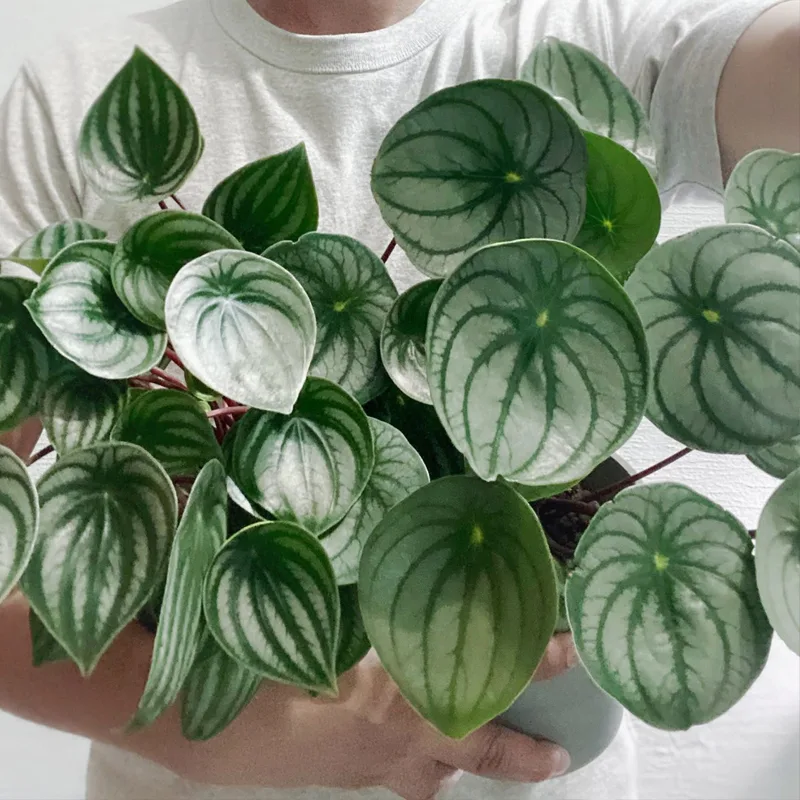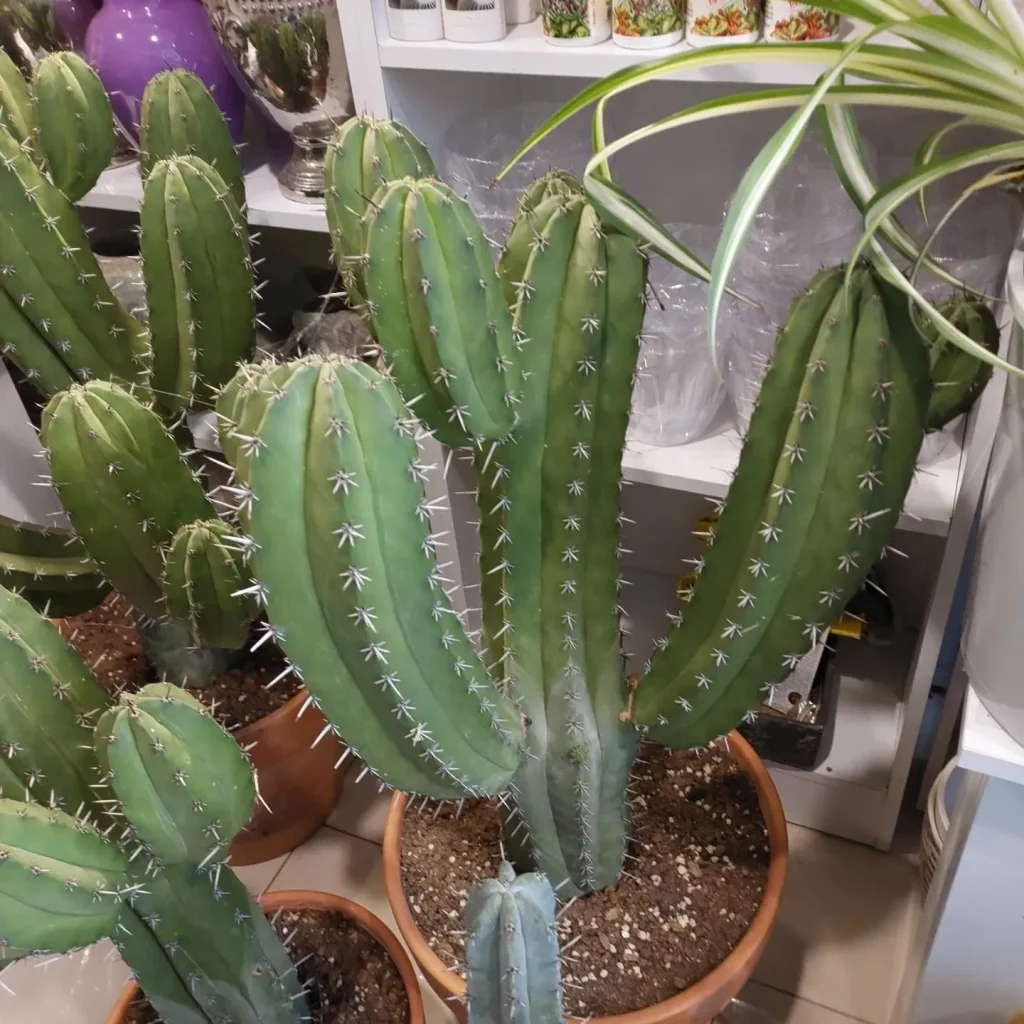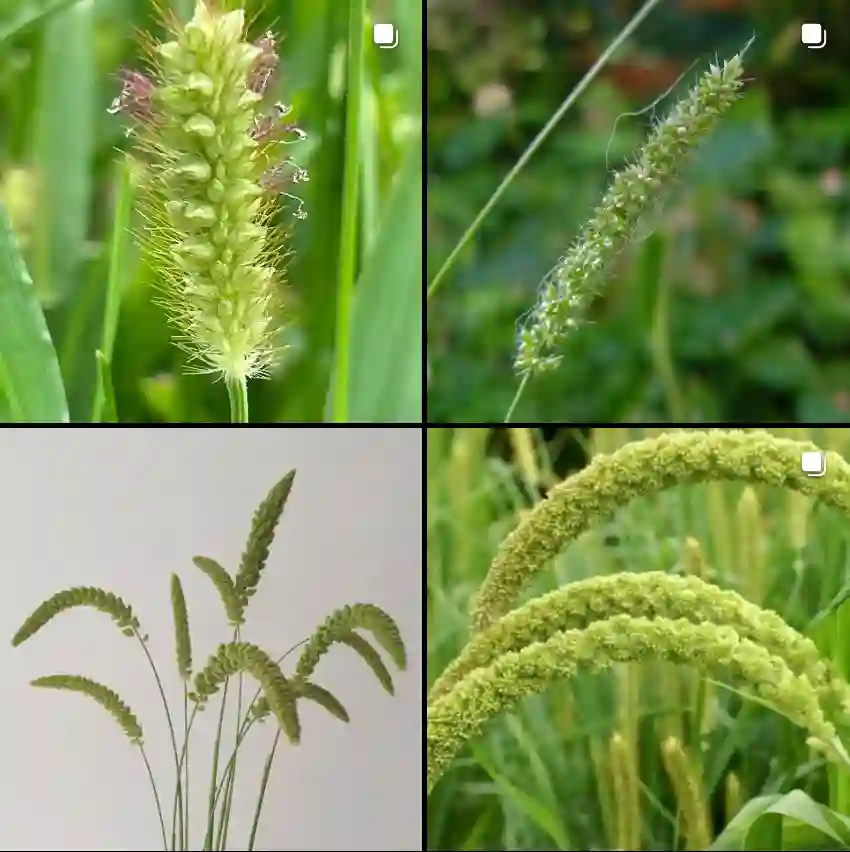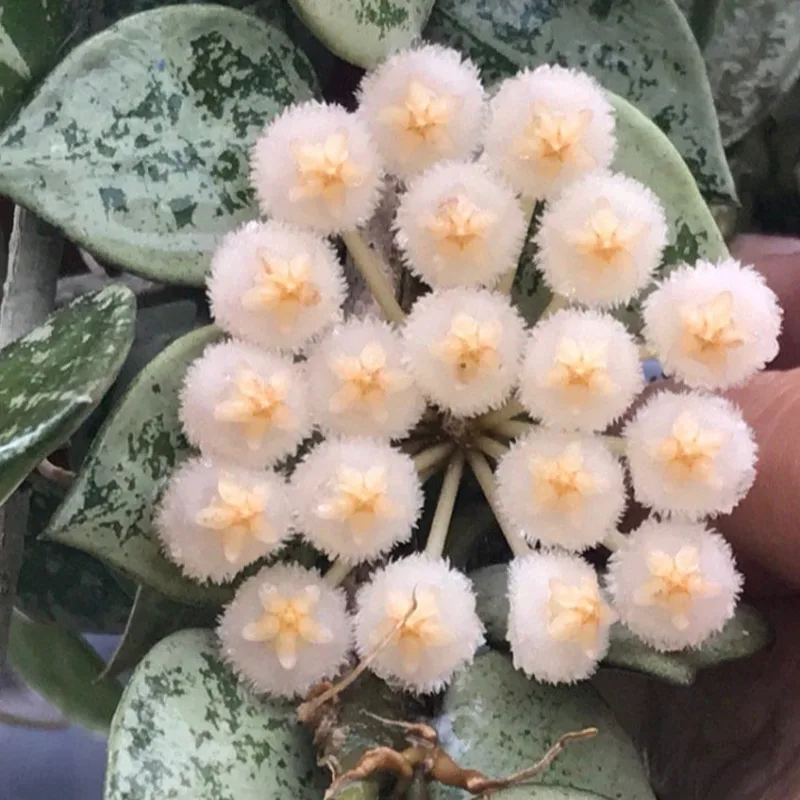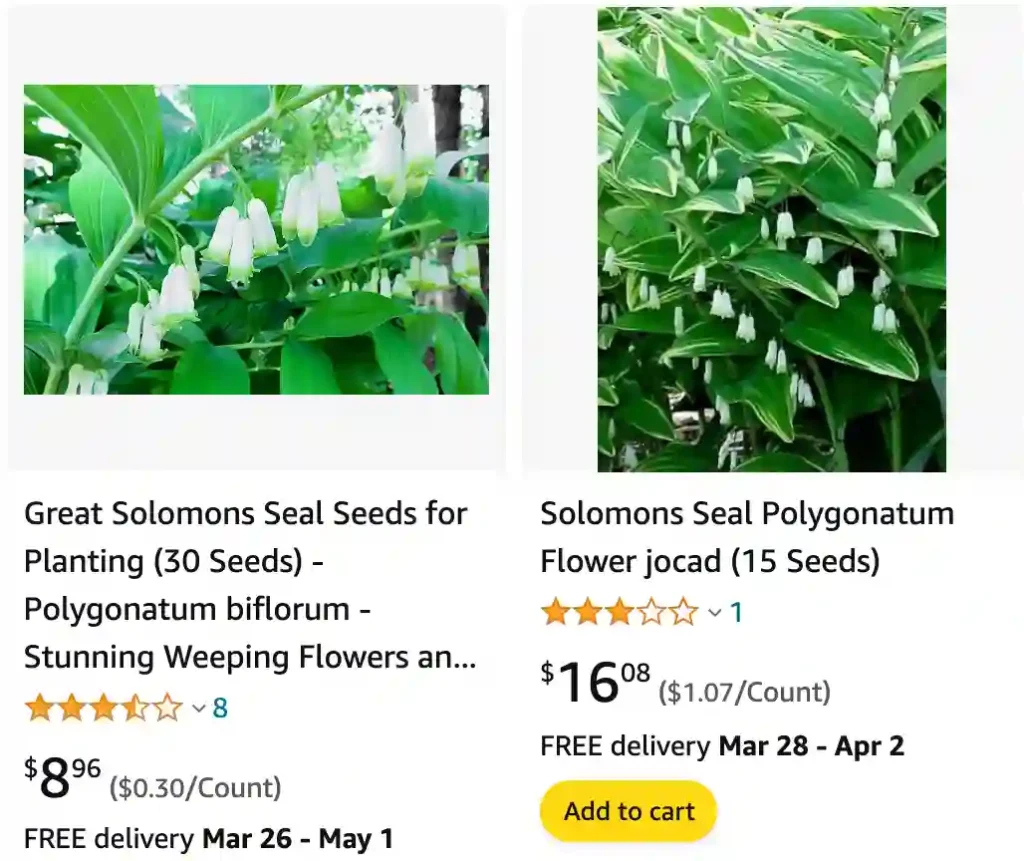
What is Polygonatum odoratum?
As a passionate gardener, I have always been on the lookout for unique and interesting plants to add to my collection. One such plant that has captured my interest is Polygonatum odoratum, also known as Solomon’s Seal. This perennial plant, native to Europe and Asia, is a member of the Asparagaceae family. It is renowned for its graceful arching stems and delicate, bell-shaped flowers that bloom in late spring to early summer.
Polygonatum odoratum is not only visually appealing but also has a rich history of medicinal uses. Its rhizomes have been used in traditional Chinese medicine for their anti-inflammatory and immune-boosting properties. The plant’s foliage turns a lovely golden yellow in the fall, adding to its year-round interest in the garden.
86 Species in Genus Polygonatum – Solomon’s Seal
Can Polygonatum odoratum variegatum be grown in a container?
One of the common questions I receive is whether Polygonatum odoratum variegatum, a variegated variety of this plant, can be successfully grown in a container. The answer is a resounding yes! Growing Polygonatum odoratum variegatum in a container can be a rewarding experience, especially for those with limited garden space or those who prefer container gardening.
When choosing a container, it’s essential to select one that is large enough to accommodate the plant’s rhizomes and provides good drainage. A pot with a diameter of at least 12-14 inches is a good starting point. Use a high-quality, well-draining potting mix to ensure the plant’s roots do not become waterlogged. Regular watering is crucial, as container plants tend to dry out more quickly than those in the ground. However, be careful not to overwater, as this can lead to root rot.
How to Care for Polygonatum odoratum?
Caring for Polygonatum odoratum is relatively straightforward, making it an excellent choice for both novice and experienced gardeners. Here are some key tips to ensure your plant thrives:
- Light: Polygonatum odoratum prefers partial to full shade. Too much direct sunlight can scorch its leaves, while too little light can hinder its growth.
- Soil: This plant thrives in rich, well-draining soil with a slightly acidic to neutral pH. Adding organic matter, such as compost, can enhance soil fertility and structure.
- Watering: Keep the soil consistently moist but not soggy. During dry periods, regular watering is essential to maintain soil moisture levels.
- Fertilizing: A balanced, slow-release fertilizer applied in early spring can promote healthy growth. Avoid over-fertilizing, as excessive nutrients can damage the plant.
- Pruning: Remove any dead or yellowing leaves to maintain the plant’s appearance and prevent disease.
How to Propagate Polygonatum odoratum?
Propagating Polygonatum odoratum is relatively simple and can be done through division or from seed.
- Division: The most common method is division, which is best done in early spring or fall. Carefully dig up the plant and divide the rhizomes, ensuring each section has at least one bud. Replant the divisions immediately, keeping the rhizomes just below the soil surface.
- Seeds: Growing from seed is a slower process but can be rewarding. Collect seeds in late summer or early fall, and sow them in a well-draining seed mix. Keep the soil moist and place the container in a cold frame or unheated greenhouse. Germination can take several months, and young plants may take a few years to reach maturity.
What to Plant with Polygonatum odoratum?
Polygonatum odoratum pairs beautifully with a variety of shade-loving plants. Here are a few companion plants that create stunning garden combinations:
- Hostas: The broad, lush foliage of Hostas contrasts nicely with the slender, arching stems of Polygonatum odoratum.
- Ferns: Ferns’ delicate fronds add texture and complement the elegant flowers of Solomon’s Seal.
- Astilbes: The feathery plumes of Astilbes provide a striking contrast in both form and color.
- Heucheras: The colorful foliage of Heucheras adds visual interest and variety to a shade garden.
In conclusion, Polygonatum odoratum is a versatile and attractive plant that can enhance any garden space, whether in the ground or a container. Its ease of care and propagation, along with its compatibility with other shade-loving plants, make it a must-have for gardeners seeking to add elegance and charm to their outdoor spaces.
If i die, water my plants!
